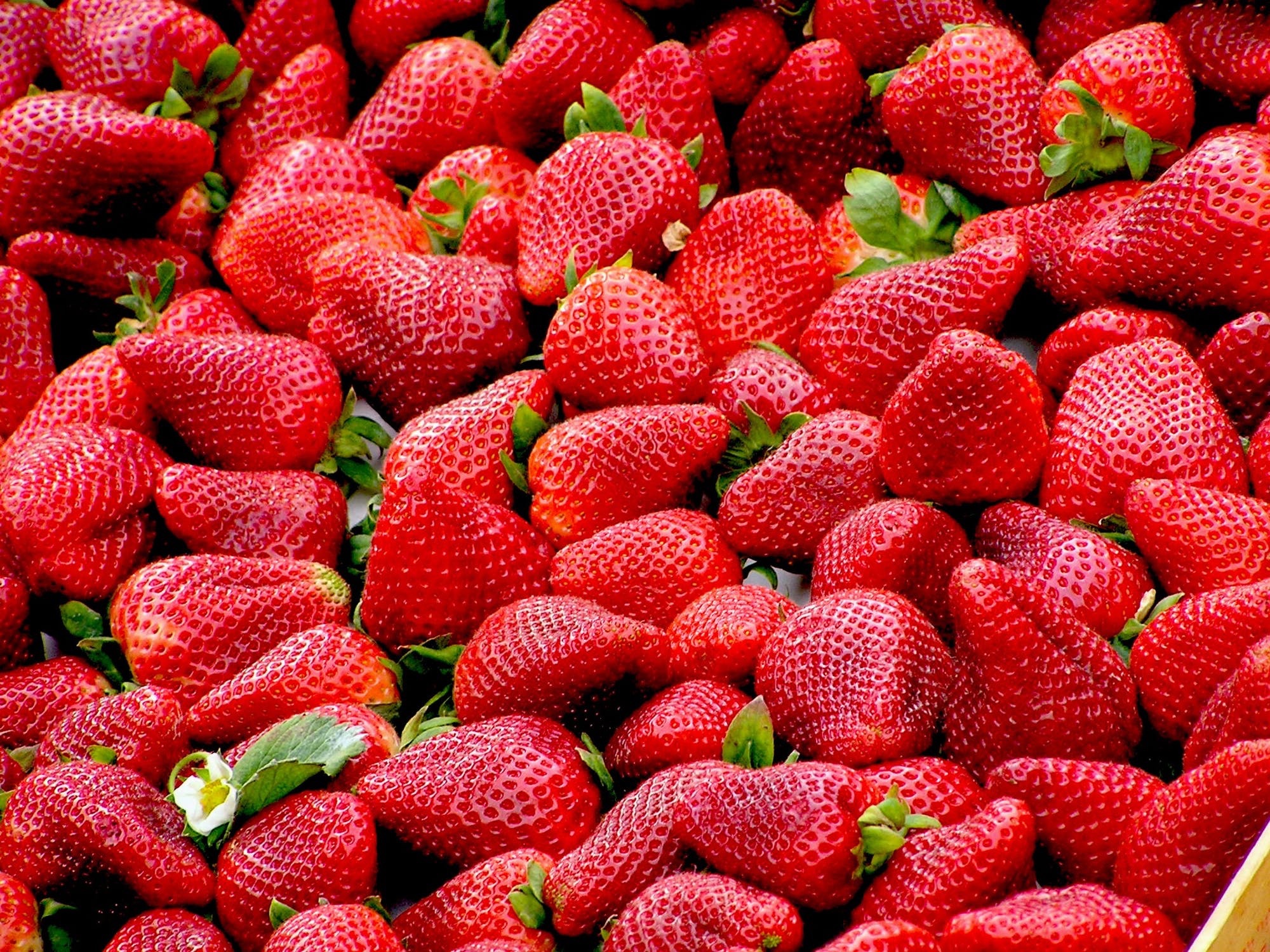Just another reminder of how prevalent glyphosate (ingredient in RoundUp) is in our foods….this article talks about how much higher glyphosate levels in breakfast cereals are than what’s recommended for kids. Around 729 parts per billion in Cheerios vs recommended max of 160!
To leave a smaller carbon footprint, choose chicken over beef
Interested in reducing your carbon footprint? Switching from eating beef to eating chicken results in around a 50% reduction in CO2 emissions related to your diet. It’s a quick and easy way to start to make a difference! Read more here:
2019 dirty dozen list
 The “dirty dozen” list, of pesticide residue in produce, is out. As always…if you’re going to eat any of these, buy organic wherever possible!!! These fruits and veggies are the ones that typically have the highest concentrations of pesticides present.
The “dirty dozen” list, of pesticide residue in produce, is out. As always…if you’re going to eat any of these, buy organic wherever possible!!! These fruits and veggies are the ones that typically have the highest concentrations of pesticides present.
Here’s the list, starting with the worst offender, strawberries:
- Strawberries
- Spinach
- Kale
- Nectarines
- Apples
- Grapes
- Peaches
- Cherries
- Pears
- Tomatoes
- Celery
- Hot peppers
Microplastics…they’ve made their way into your kitchen now
Microplastics are just what the name implies….tiny bits of plastic from a myriad of sources, like washing fleece material in a washing machine for example. It’s been described as a problem affecting the food chain in oceans, but guess what? Around 90 percent of table salt brands were found to contain these (since I had of our salt comes from the ocean). So, we’re all ingesting these, not just marine life. Unfortunately, no one’s really sure what health risks, of any, this poses. Read this article for more on this:
A link between cholesterol and Alzheimer’s disease?
A new study suggests a link between cholesterol and Alzheimer’s disease…that excessive cholesterol could aid in the formation fo beta-amyloid plaques in the brain. It doesn’t seem like this is the only factor behind Alzheimer’s, but it’s yet another reason to follow a healthy diet. Read more at Care2.
